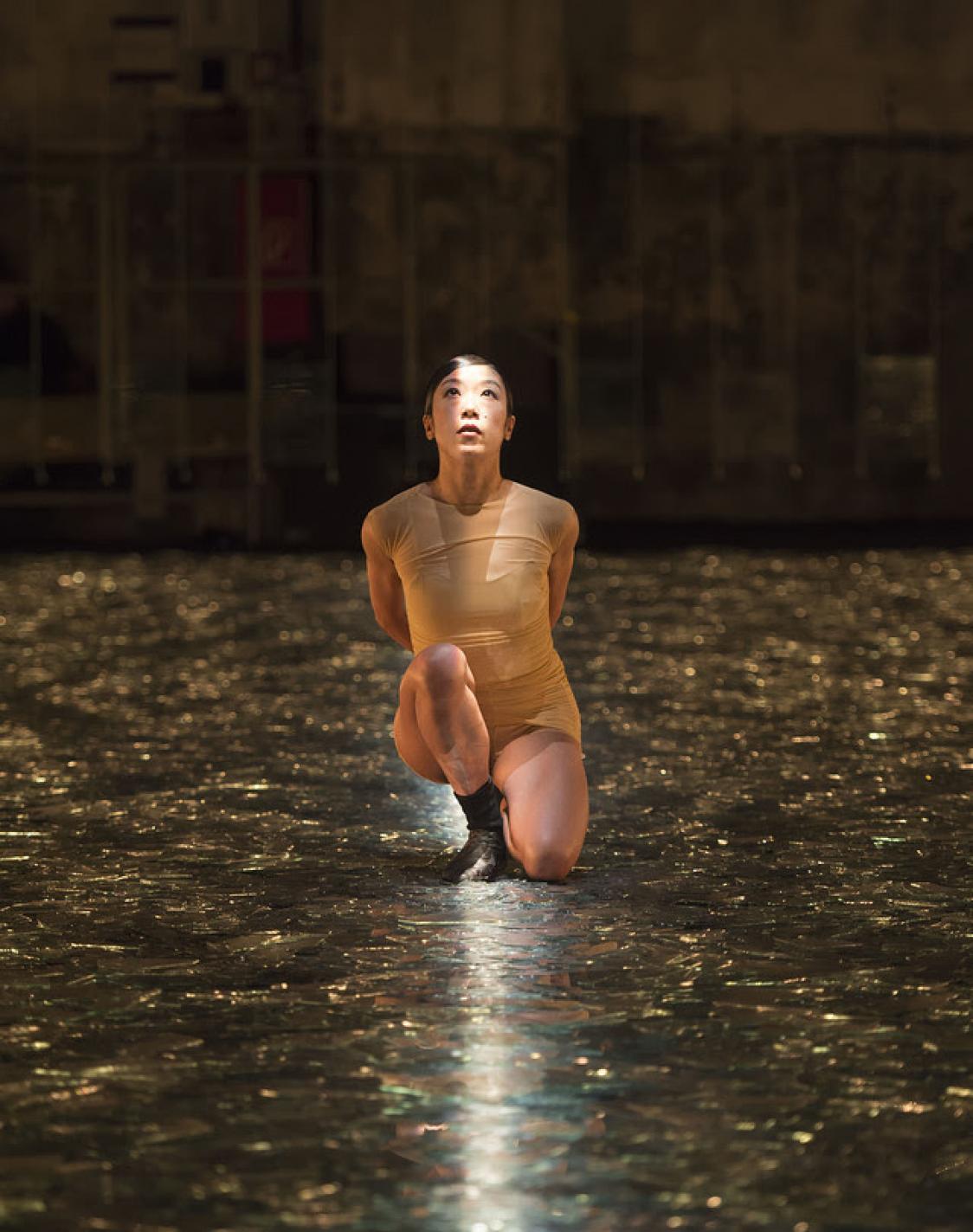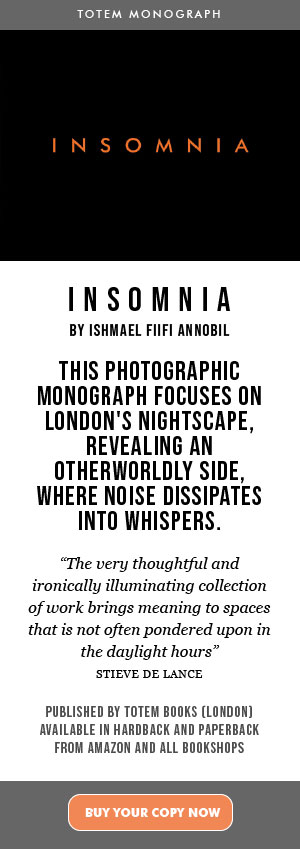JAPANESE SEASON EXHIBITIONS
September 12, 2017
Centre Pompidou-Metz
While the globalization of the arts and ideas has smoothed geographical and cultural borders, Japan has retained a very distinctive style, certain facets of which are little known. It is this changing singularity, sometimes open and porous to external influences, sometimes withdrawn into itself, often struck by history and nature (conflicts, crises, earthquakes, nuclear disasters...) and thus always forced to redefine itself, which Centre Pompidou-Metz is highlighting in its Japanese Season. From September 2017 to May 2018, three exhibitions and a dozen gatherings, concerts, and performances provide new insights into Japan, from the modern history of its architecture to its most recent artistic expressions.
Japan-ness
Architecture and urbanism in Japan since 1945
Till January 8, 2018
According to the architect Arata Isozaki, Japanese architecture sets itself apart by the immutability of certain values and by an identity that architects have constantly reinterpreted over the centuries. He characterizes this distinctiveness, the common theme of the exhibition, with the expression “Japan-ness." Through the works of Kenzo Tange, Toyo Ito, Tadao Ando, Shigeru Ban, Kengo Kuma or SANAA, among others, the exhibition questions how the Japanese city, and its sprawling urbanism since the postwar reconstruction, defined new ways of living.
Visitors are immersed in an organic city designed by Sou Fujimoto and move through the cyclical history of Japanese architecture, from the destruction of the atomic bombs in Hiroshima and Nagasaki in 1945, to its most recent expressions. The exhibition is based on Centre Pompidou collection, enriched with works and models from architects’ studios, designers, Japanese museums and private collections, exhibited for the first time on this scale in Europe.
Curators:
Frédéric Migayrou, Deputy Director of Centre Pompidou – National Museum of Modern Art, Paris, and Head Curator of the Architecture Department
Yuki Yoshikawa, Centre Pompidou-Metz, Associate Curator
Japanorama
New vision on art since 1970
October 20, 2017–March 5, 2018
Dedicated to the Japanese visual arts since Osaka Expo in 1970, the exhibition takes a look inside four decades of contemporary art and the affirmation of a visual culture. With a lay-out designed by SANAA like an archipelago, this exploration reveals a multifaceted Japan, not limiting itself to the cliché of the binary opposition of Zen minimalism (Mono-Ha) and surging KawaiiPop. Contemporary art in Japan is also about the poetics of resistance, militant commitment, a common reflection, shared with fashion, on relationships with the body and posthumanism, or on the place of the individual in society, the notion of community, the relationship to an island tradition and dialogue with subcultures. Together with major figures such as Nobuyoshi Araki, Rei Kawakubo, Tetsumi Kudo, Yayoi Kusama, Daido Moriyama, Takashi Murakami, Tadanori Yokoo, the exhibition invites visitors to discover artists rarely seen outside Japan.
Parallel to the exhibition, regular live events will be organized with Japanese contemporary key figures in dance, music, theatre, such as Ryuichi Sakamoto, Saburo Teshigawara, Yasumasa Morimura and Ryoji Ikeda.
Curator:
Yuko Hasegawa, Artistic Director, Museum of Contemporary Art (MOT), Tokyo
Emmanuelle de Montgazon, independent curator for the live performances programme
Dumb Type
January 20–May 14, 2018
Formed in 1984, Dumb Type was made up of Kyoto City Art College students from different fields, who combined to invent a new, fundamentally pluridisciplinary type of performing art. Active on the international scene, Dumb Type examines the mutation of identities and communication in a globalized world dominated by an excess of information and consumption. Sanitized and unrelenting, the technology that proliferates in Dumb Type pieces formats the bodies and challenges the mind. This exhibition is the first monographic exhibition of this magnitude in France dedicated to the collective. Centre Pompidou-Metz presents five major Dumb Type installations, including a new one produced for the occasion. Archives and testimonies are also presented to retrace the genealogy of the group.
Curator:
Yuko Hasegawa, Artistic Director, Museum of Contemporary Art (MOT), Tokyo
Hélène Meisel, Centre Pompidou-Metz
Still on view
Fernand Léger
Beauty is everywhere
Until October 30, 2017
Contact:
Centre Pompidou-Metz
1 Parvis des Droits de l'Homme
57020 Metz
France
www.centrepompidou-metz.fr
Hours: Wednesday–Monday 10am–6pm
Hours:
November 1–March 31: Wednesday–Monday 10am–6pm
April 1 – October 31: Monday, Wednesday–Thursday 10am-6pm, Friday–Sunday 10am–7pm
Only 85 minutes via high-speed train from Paris.
Image | Credits:
Saburo Teshigawara, Broken Lights. Photo: Wonge Bergmann.



